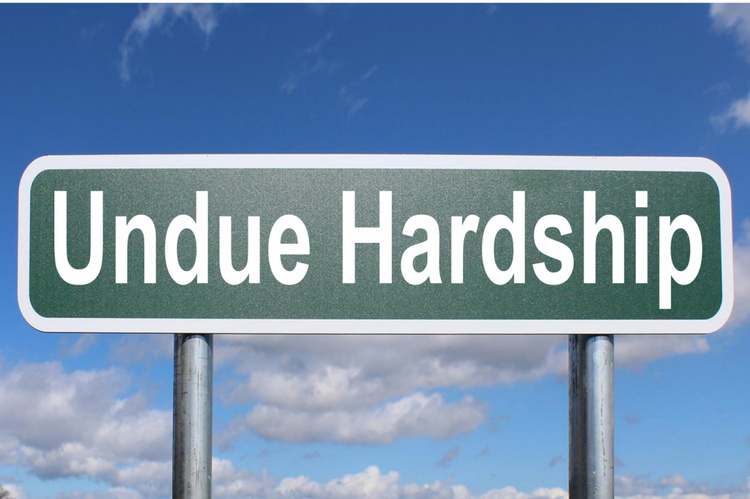As a result of the distributor’s failure to specify a franchise fee that would qualify it for protection from non-renewal under state law, a federal court in Massachusetts has dismissed franchise claims that had been made against a manufacturer. Case number 2023 WL 5833112 was filed in the District Court for the Commonwealth of Massachusetts on September 8, 2023. Following the execution of a distribution agreement between the parties, Cognex authorised distributor Air Hydro to sell items manufactured by Cognex within a predetermined sales zone. Cognex delivered the news to Air Hydro in November of 2021 that it will not be renewing the arrangement. Air Hydro filed a lawsuit in a state court in Florida alleging that the distribution agreement had been broken, while Cognex filed a lawsuit in a federal court in Massachusetts seeking a declarative judgement against Air Hydro. In the end, Air Hydro was successful in having the suit filed in Florida dismissed, and instead filed eight counterclaims in Massachusetts, alleging that the defendants had violated the Florida Franchise Act, the Florida Deceptive and Unfair Trade Practises Act (FDUTPA), the Indiana Franchise Act (IFA), and the Indiana Deceptive Franchise Practises Act (IDFPA), as well as breaching the covenant of good faith and fair dealing, interfering with business relationships, and committing promissory estoppel regarding promises Cognex made a motion to throw out all of the counterclaims. The motion that was filed by Cognex was granted by the court.
First, the court decided that Air Hydro’s claim under the Florida Franchise Act could not proceed because the distribution agreement contained a Massachusetts choice of law provision. Next, the judge ruled that Air Hydro’s claims under the FDUTPA, IPA, and IDFPA were all unsuccessful because the company had not shown evidence in its pleadings that adequately demonstrated a franchise relationship between the two companies. To be more specific, Air Hydro had not demonstrated to Cognex that the latter required a payment or fee from the former. The court decided that the acquisition of demonstration equipment, the payment of software licencing fees, the cost to hire and train people, and the cost to create demonstration facilities were all examples of “sunk costs” that were “expended to further Air Hydro’s business goals,” and not fees or mandated payments. In addition, the court decided that Air Hydro was unable to bring a claim of promissory estoppel in relation to the nonrenewal since the distribution agreement stipulated that any agreement to renew must be put in writing, and it also included an integration clause that disclaimed extra-contractual, oral promises. Because the distribution agreement specifically allowed Cognex’s allegedly unlawful actions, the court also dismissed Air Hydro’s tortious interference claim against it.





